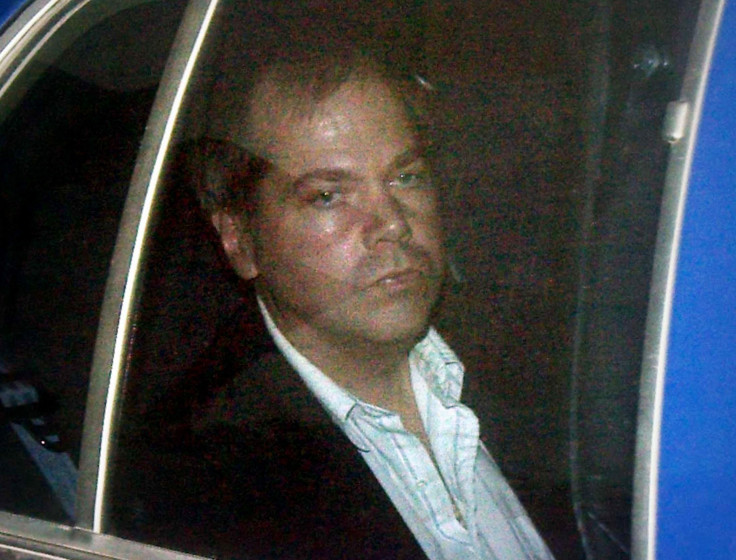John Hinckley Jr, Man Who Shot President Ronald Reagan, Freed From Washington Institution

John Hinckley Jr, the man who shot former president Ronald Reagan, was released from a Washington institution Saturday, nearly 35 years after the attempted assassination. The now 61-year-old has moved back in with his 90-year-old mother in Williamsburg, Virginia.
A federal court ruled in July that Hinckley posed no danger to himself or to society. He must reside with his mother for at least a year and there are restrictions placed on his travel. Hinckley will have to work or volunteer at least three days a week while continuing to visit his therapist.
He is also barred from speaking to the media.
Hinckley was a troubled 25-year-old when he shot at the ex-president. He loved actress Jodie Foster and Martin Scorsese’s movie ‘Taxi Driver.’ He shot at Reagan and others, including then- White House press secretary James Brady, a U.S. Secret Service agent and a D.C. police officer, on March 30, 1981. With the exception of Brady, who suffered brain damage and died of his injuries in 2014, the others recovered.
Hinckley was found not guilty of his crime by reason of insanity and was taken to the St. Elizabeths Hospital to receive treatment for depression and psychosis.
Judge Paul L. Friedman reportedly wrote in his July 27 ruling that Hinckley was a “profoundly troubled 25-year-old young man” when he attempted to kill Reagan to impress Foster. He hadn’t exhibited symptoms of his major depression or psychotic disorder in two decades, Judge Friedman added.
Hinckley was gradually granted more freedom with Judge Friedman allowing him to spend longer stretches at his Williamsburg home. In the past two years, Hinckley had spent nearly 17 days every month at home.
“He tried hard to make friends, but when people found out who he was, they’d shut down,” John J. Lee, the psychiatrist who watched Hinckley during his first visits to Williamsburg in 2006 and 2007, told the Washington Post.
© Copyright IBTimes 2024. All rights reserved.












